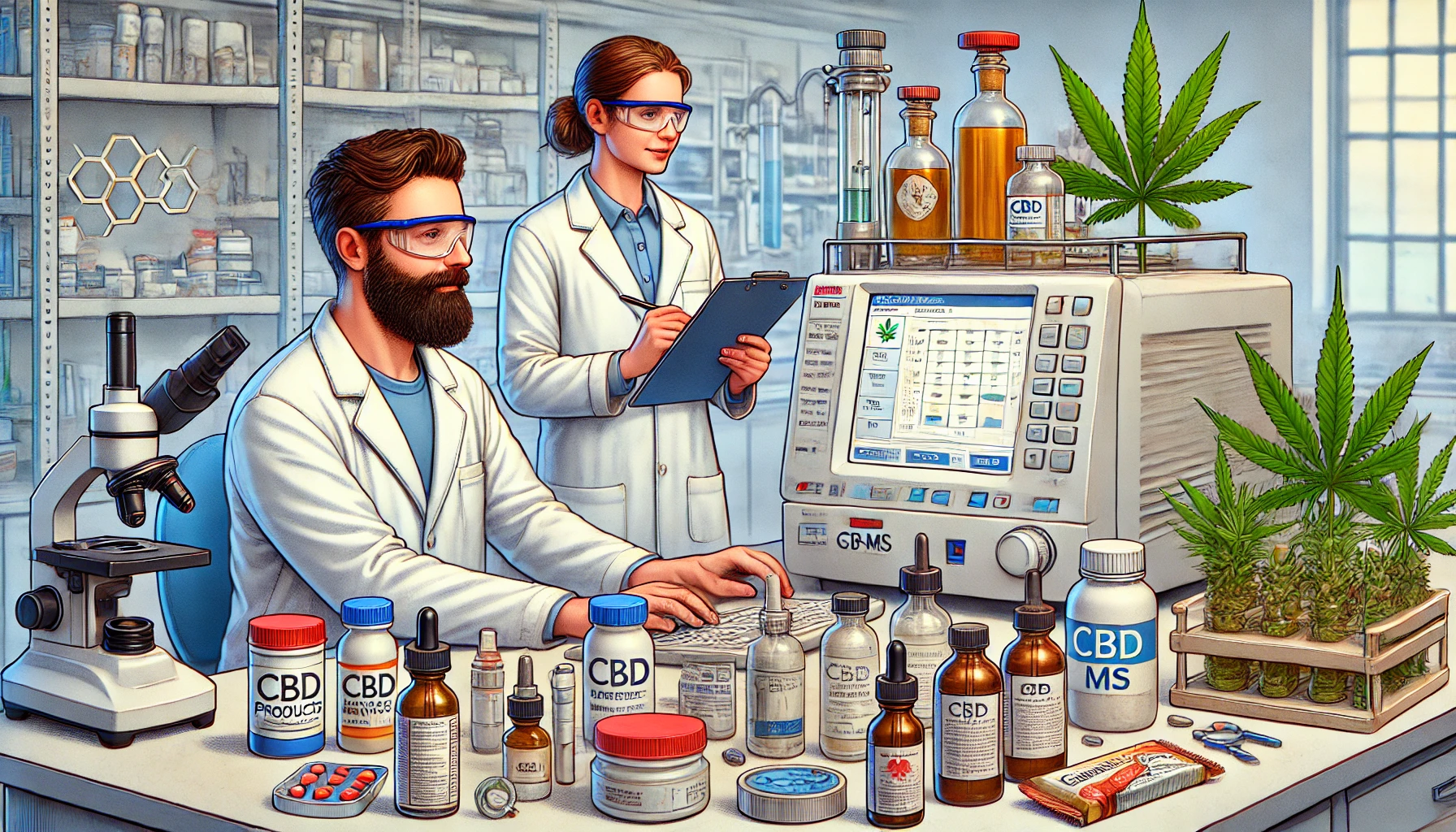
A recent study has revealed widespread inaccuracies in the labeling of hemp-derived cannabidiol (CBD) products, raising concerns about consumer transparency and product safety. The investigation analyzed 97 CBD products, including haircare, cosmetics, food, drinks, and edibles, purchased in 2020 from Maryland retail stores and online outlets.
Researchers used gas chromatography-mass spectrometry (GC-MS) to measure the actual cannabinoid concentrations in each product, comparing these figures with the amounts claimed on the labels. The findings were startling: most of the products tested were found to have misleading information about their CBD content.
Among the 71 products that specified a total CBD amount on their labels, nearly half (49%) contained more CBD than advertised, while 38% contained less. Only about 13% of the products were accurately labeled, with CBD content within a ±10% range of the stated amount. Most concerning was the discovery that 10 of the products did not contain any CBD at all, despite labeling claims.
Further analysis showed significant deviations in CBD content across different product categories. Haircare products, for instance, showed a median deviation of -53%, with some containing no CBD. Cosmetics had a median deviation of +18%, with one product exceeding its claimed amount by over 1000%. Food and drink products were closer to their advertised CBD levels, with a median deviation of just -1%, though some showed variations as extreme as -100% to +4468%.

Interestingly, the study also found that the accuracy of CBD content did not significantly differ between products that claimed third-party testing and those that did not. Additionally, many products made therapeutic claims or were marketed as safe and healthy, but only about a third included disclaimers that these statements had not been evaluated by the FDA.
The researchers emphasized the need for stricter regulatory oversight of cannabinoid-containing products to ensure quality control and to protect consumers from misleading or unsupported health claims.
Follow us on Instagram, there's even more interesting stuff there.


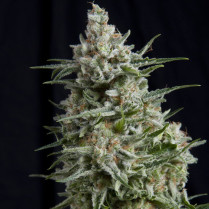
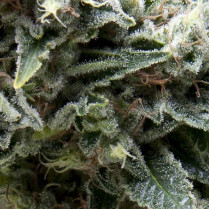
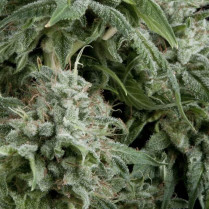
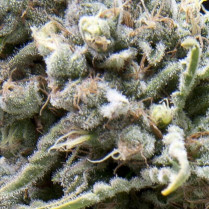

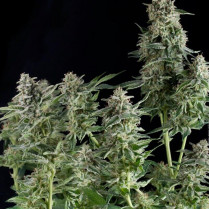
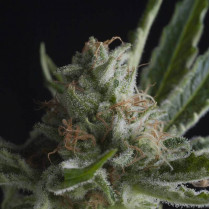


Comments (0)
New comment